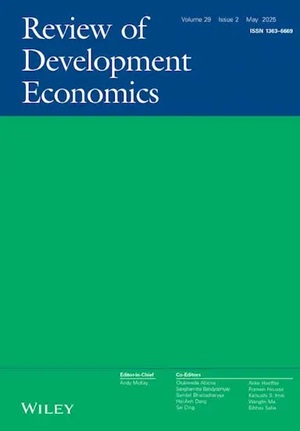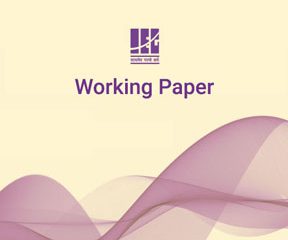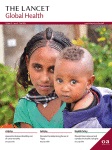
COSTING OF HEALTH AND WELLNESS CENTRES : A CASE STUDY OF GUJARAT
Working Paper No- 415
The National Health Policy 2017 recommended the establishment of Health and Wellness Centres (HWC) as the primary platform to deliver comprehensive primary health care in India and emphasised that about two-thirds of the health budget of the government should be invested on primary care. In February 2018, the government announced its plan to create 1,50,000 HWCs under the Ayushman Bharat initiative by transforming the already existing Sub Centres (SCs), Primary Health Centres (PHCs) and Urban PHCs (UPHCs) as HWCs by 2022. The operationalisation of HWC has been planned in a phased manner. However, for scaling up and replicability, it is imperative for the government to know how much to budget for this initiative, so that there are no interruptions in the smooth flow of services. Taking Gujarat as a case study, the study took a sample of eight HWCs one of each kind from two districts for estimating the total and per-unit costs for each type of HWC using OPD footfalls as an indicator for measuring output, estimated the incremental unit costs – the difference between the pre- and post-conversion unit costs – to understand the cost implications of the conversion, and estimated the possible total costs in relation to the health budget of the state to understand the financial implication of scaling up HWCs. The results indicated that though the costs have gone up after conversion, OPD footfalls have also increased at all facilities, but most significantly for the SCs, resulting in costs per OPD footfalls coming down significantly. For nearly all the centres, there has been a fall in the incremental costs indicating that the conversion to HWC been quite economical. It was estimated that a total of about INR 713 crores will be spent on running 1500 HWCs in the year 2020-21; however, the incremental costs of scaling up would be significantly less at about INR 93 crores, with the lowest incremental costs for SCs. More research with additional data points would be required to confirm these tentative findings, but the results could be used as a baseline for future such studies.
Find on this page
Contact Us
Institute of Economic Growth, University Enclave, University of Delhi (North Campus),
Delhi 110 007, India
contact-us@iegindia.org
+91-11-27666364/6367, 27667101/7288/7365/7424
+91-11-27667410




